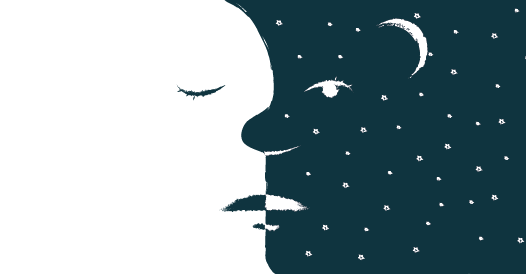
“Hey, um, I’m sorry if I fell asleep on your shoulder…”
Awkward encounters and apologies like this described my early years at Temple University. Dating back to high school, I experienced tiredness and frequently found myself snoring during class. At the time, I had yet to be diagnosed with narcolepsy, and I convinced myself that these symptoms were normal.
It wasn’t until my freshman year of college, jolting awake 60 minutes into an 80-minute lecture, that I realized I couldn’t ignore the issue any longer.
To combat the sleepiness, I attempted to be as attentive as possible. I sat in the front of the class, drank coffee and took whatever precautions I thought could help. I felt ashamed, though I never revealed this, as I underperformed in my courses. My extracurriculars faced turmoil. More than once, I overslept a mandatory physical exam, jeopardizing my chance to participate in a dance organization that year.
After more than two years, I could no longer balance family issues, mental health and a demanding course load. Considering to withdraw near the fall midterms of my sophomore year, I decided to take one last step and figure out what exactly was plaguing me. I scheduled a sleep study.
I was nervous about having the study done. My results could either implicate a sleep disorder or another more severe medical issue. Worst of all, it could find no issue at all. Then, I would be left feeling crazy.
When the day came, I drove with my anxious mother to a testing center in Center City. Specialists kept me in the facility all day, monitoring my breathing patterns, brain waves and other factors as I slept.
After a few weeks, I was diagnosed with narcolepsy, a neurological disorder that affects my body’s ability to control sleep-wake cycles. I was assigned a sleep specialist who set me up with medicine and suggestions on how to navigate my newly discovered neurological condition.
But my journey didn’t quite end there.
Last winter, I neglected to take my prescription before an early morning trip to New Jersey. I fell asleep at the wheel and totaled my blue PT Cruiser. This was a harsh wake-up call, but an incredible blessing. I left the accident with just a few scratches, injuring no one else.
A huge aspect of my journey with this disorder has been acceptance. Facing the reality of my condition did not devastatingly shake my world, but it made me realize that I have to adjust my mindset to succeed in the future.
I needed to face the struggles head on. By implementing frequent alarms and eating foods that energize my body, I was able to take small, but important steps to combat narcolepsy.
I remain the lighthearted and optimistic person I have always been, but I take more responsibility for my reality — a reality that is pretty bright.


Be the first to comment